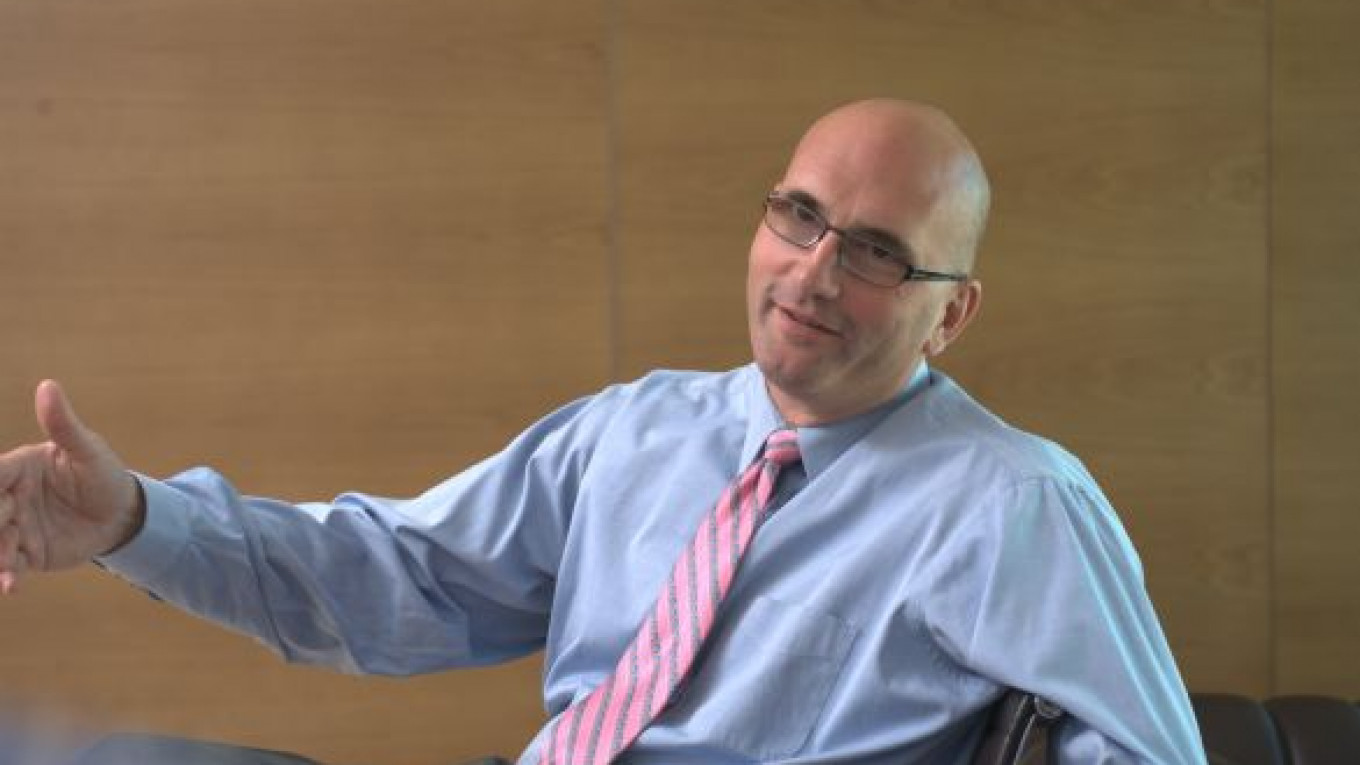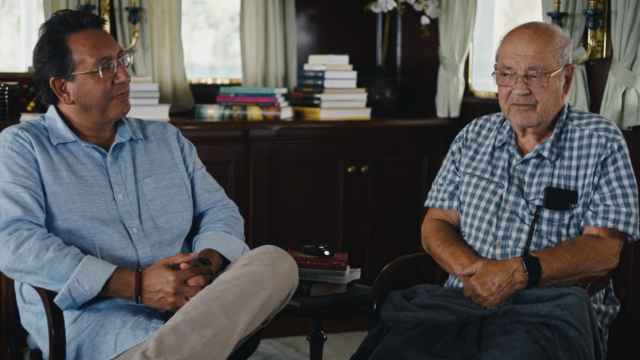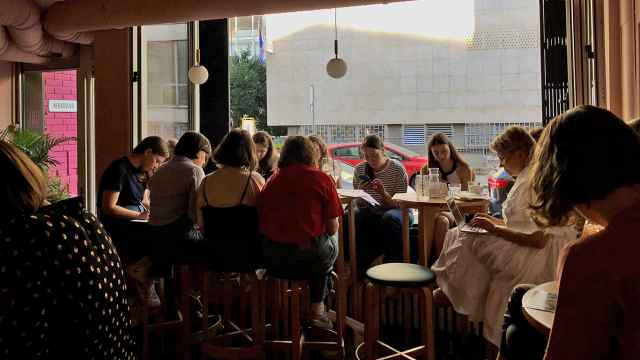Bernie Sucher has spent more than 20 years in Russia. He co-founded private investment bank Troika Dialog, headed up Merrill Lynch’s Russian business and was chairman of Alfa Capital’s asset management company. He helped found the Starlite Diner chain and currently works as a strategic development director at Aton.
Q: What was the first charity you were actively involved in?
A: I met Maxim Osipov, a doctor, who asked for help for what seemed to me a bad plan for business. Osipov wanted to translate American medical references into Russian. I financially contributed anyway, and Practica turned out to be sustainable and profitable. Nowadays, the publishing house Practica still runs.
Years later, Osipov, who became a famous social critic and writer, told me about the Tarusa Hospital, which was in need of funding. In 2004, we set up twin charities in the United States and Russia, which has allowed for the improvement of nearly all aspects of the hospital. The overall mortality rate has decreased by 2 1/2 since, the mortality rate of cardiac arrests fell by nearly 6.
Q: Which charity is closest to your heart?
A: Venture for America is the closest to me. [Venture for America recruits the brightest graduates to spend two years in a startup in Detroit.]
Q: What is the biggest difference between charity-giving in your country and in Russia?
A: There is an enormous difference between charity in the U.S.A. and the rest of the world. The ethic of community involvement is printed in the American DNA because of historical reasons — it is the way this country was founded.
In Russia, an expat being involved in charity was not always well regarded. That is now different.
Q: What other charities are you involved in?
A: I have served as a trustee and member of the financial committee for the European University of St. Petersburg since 2009. This university is nonstate-owned and one of the country’s leading institutions in humanities and social sciences. They teach people how to become a teacher.
In May 2011, I became the only foreign director of the board and a member of the financial committee of the Dynasty Foundation, the first family philanthropic foundation in post-Soviet Russia.
Q: Did you volunteer as a teenager back home?
A: Yes, I guess I have always been involved in charity in one or another way. As a teenager in the United States, I was involved in political causes. Later, I volunteered to work in Detroit, helping decrease racial problems and coached basketball in poor neighborhoods.
Q: Do you give money to panhandlers you see on the street?
A: I find it very difficult to walk past an old lady sitting on her knees at Tverskaya, so I give her some cash even though I realize that she most likely cannot keep that money for herself.
Practica: translation and publication of medical references:
Tarusa Hospital:
Venture for America:
European University of St. Petersburg:
Dynasty Foundation:
A Message from The Moscow Times:
Dear readers,
We are facing unprecedented challenges. Russia's Prosecutor General's Office has designated The Moscow Times as an "undesirable" organization, criminalizing our work and putting our staff at risk of prosecution. This follows our earlier unjust labeling as a "foreign agent."
These actions are direct attempts to silence independent journalism in Russia. The authorities claim our work "discredits the decisions of the Russian leadership." We see things differently: we strive to provide accurate, unbiased reporting on Russia.
We, the journalists of The Moscow Times, refuse to be silenced. But to continue our work, we need your help.
Your support, no matter how small, makes a world of difference. If you can, please support us monthly starting from just $2. It's quick to set up, and every contribution makes a significant impact.
By supporting The Moscow Times, you're defending open, independent journalism in the face of repression. Thank you for standing with us.
Remind me later.






